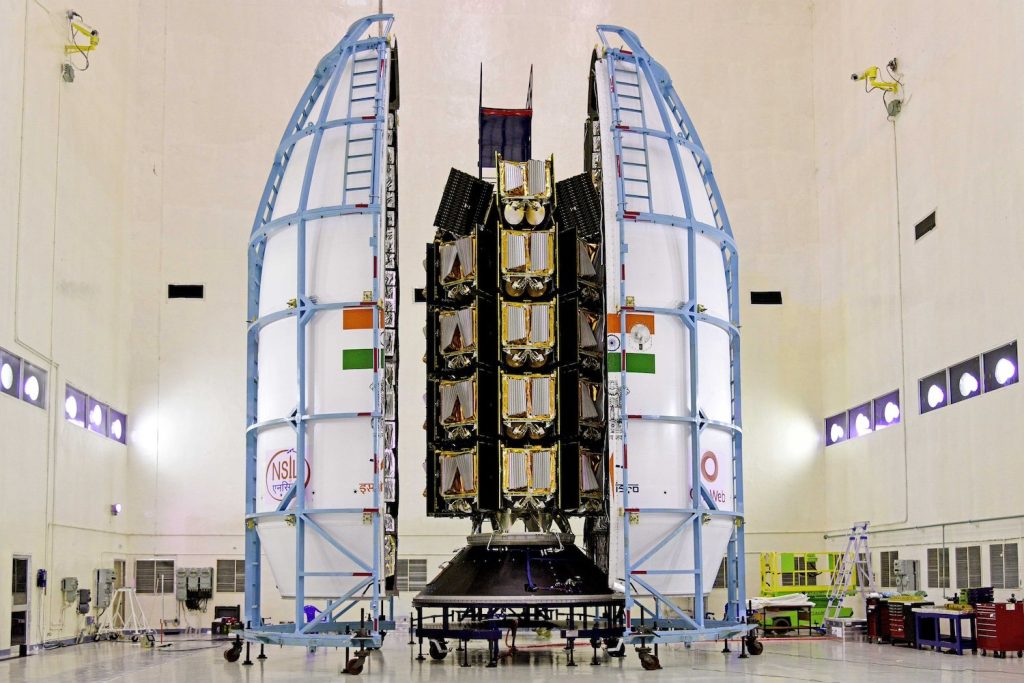French satellite operator Eutelsat failed to account for last year’s leap year, leading to an embarrassing service outage that lasted for 48 hours.
OneWeb’s satellite constellation restored internet services after an outage that began on December 31, 2024, Eutelsat confirmed on Thursday. “The root cause was identified as a software issue within the ground segment,” the company wrote in a brief statement. “The constellation is operating nominally once again.”
Joanna Darlington, Eutelsat chief communications and investor relations officer, told Via Satellite that the 2024 leap year “seems to be the most likely cause” for the software glitch. Failing to account for an additional day this year likely disrupted the internet constellation’s software, resulting in the temporary disruption.
Eutelsat operates a fleet of more than 630 satellites in low Earth orbit. The company has been building its OneWeb constellation since 2020, sending batches of satellites designed to beam high-speed internet across the globe.
It hasn’t been an easy road for Eutelsat. The company originally relied on Russia’s Soyuz rocket to launch its satellites, but its relationship with Roscosmos quickly deteriorated following the Russian invasion of Ukraine in February 2022. In retaliation against the Western sanctions imposed against Russia, Roscosmos refused to launch the OneWeb satellites unless the company agreed to a list of demands. OneWeb declined, prompting Russia to keep 36 of its satellites at a storage facility in Baikonur, Kazakhstan. The company was then forced to rely on its internet constellation rival SpaceX, as well as the Indian Space Research Organization, to launch its satellites.
Despite launching its final batch of 36 satellites in March 2023, Eutelsat couldn’t roll out worldwide broadband coverage due to delays in securing approval for ground-based infrastructure in key countries like India, Thailand, and Turkey. As a result, OneWeb’s internet services are currently only available in the Americas, and some parts of Europe and Asia. The company is hoping to resolve its issues this year, launching its full services by spring, according to SpaceNews.
Compared to SpaceX’s Starlink constellation, OneWeb is geared towards internet service providers (ISPs) and other business clients. While Starlink services end-users directly, OneWeb is more of an infrastructure provider rather than a direct consumer service.
Eutelsat recently ordered 100 broadband satellites from Airbus to begin the process of updating its constellation in a few years, with the lifespan of its satellites ending sometime between 2027 to 2028. After overcoming its recent glitch, the company is also keen to ensure that it doesn’t happen again, so no more excuses in 2028.

